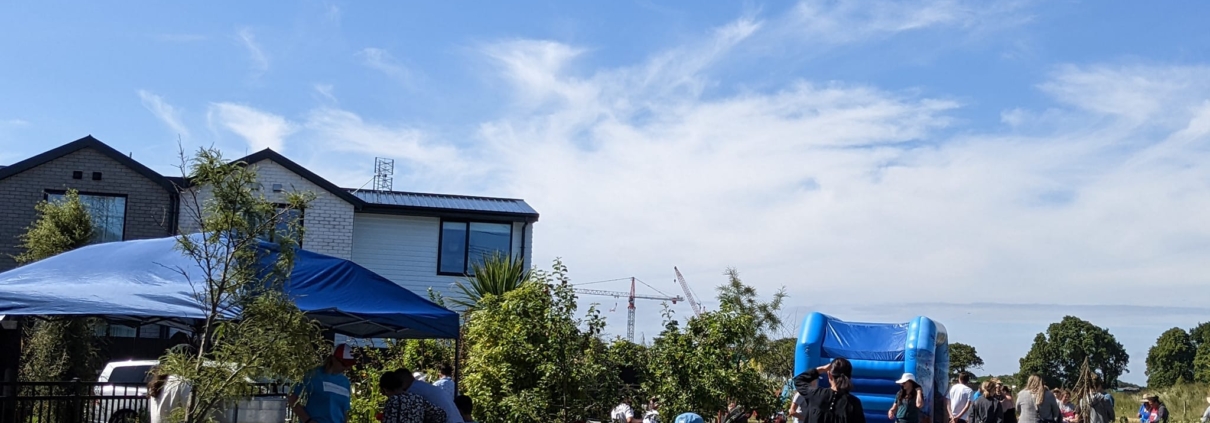Our Partner, Steven Moe had first met Panapa back in 2017 when they were both on a panel about legal structures at the Social Enterprise World Forum held in Ōtautahi Christchurch.
When we first spoke with Panapa Ehau from Hikurangi Enterprises about their social housing plans for their people we knew this would be a special project. Based on the beautiful East Coast of the North Island in Te Tairāwhiti, the heart of the idea was to enable their people to gain access to housing. He says:
“Anything we do or engage in is founded upon high trust relationships and kaupapa. Parry Field is part of our wider network that share a similar vision of doing great work to increase the wellbeing of people and the environment around us. The network are outcomes focused on intergenerational change. The partnerships that evolve are pono (true) and tika (true) in all aspects bringing together knowledge, skills and experience of many for the benefit of all involved”.
We discussed possible legal structures that could be used ranging from companies, incorporated societies or limited partnerships but eventually settled on setting up a charitable trust. The reason for this was the initiative is all about reduction of poverty with an addition of education thrown in as well. A charitable trust is a stable legal vehicle to use for an initiative like this (for more on legal structure options, read our free guide “Charities in New Zealand: A Legal Handbook”).
There was a lot of thought put into what the governance framework would look like and also how this new entity would interrelate with other entities that were already existing. Fortunately there were several other groups who want to see this succeed including the Tindall Foundation and Community Finance who each offered support in different ways.
One challenge which is worth others considering was what name to choose – the original name selected was already used by another entity so another was chosen: “KAENGA HOU TRUST”.
Drafting the Trust Deed, we next spent considerable time to really think about how to express the charitable purposes and how they really summarise what this is about:
Subject to clause 3.1 and without in any way derogating from it, the Trustees may also devote or apply both capital and income of the Trust to further charitable purposes by:
- Providing education in the form of courses, seminars and written information for whanau and community housing providers about providing housing for whanau who are disadvantaged or poor and would otherwise not have access to housing;
- Providing education and developing wrap around services to support whanau who are disadvantaged to access housing;
- Providing support for whanau who are disadvantaged to be able to have access to housing; and
- Participating in systematic change initiatives that increase knowledge and pathways for disadvantaged whanau access to housing including advancing education about homelessness and housing issues.
Another feature of the Trust Deed which is worth mentioning is the inclusion of principles (mātāpono) that we often suggest to clients to include. These are not purposes themselves but they help to set the “tone” for the new charity and its focus so it is worth including here:
3.4 In carrying out the Charitable Purposes, the Trustees will be guided by the following principles (Mātāpono):
- respecting and implementing the dual heritage of the partners of Te Tiriti o Waitangi (the Treaty of Waitangi);
- respecting the cultural diversity of people and communities and encouraging people from all whakapapa and backgrounds;
- inspiring and enabling people and communities to reach their full potential and take ownership of their future;
- maintaining high standards of professionalism, integrity and ethical conduct; and
- enabling positive social change from within, by building capable communities with the belief, the means, and the opportunities to create sustainable positive outcomes for all stakeholders and future generations.
It was a happy day in January when the email came in saying “I am pleased to advise that KAENGA HOU TRUST is now a registered charity.”
A successful registration as a charity has meant the project can continue forward and funding partners have stepped up with significant contributions. Watch this space and lets see what comes next!




